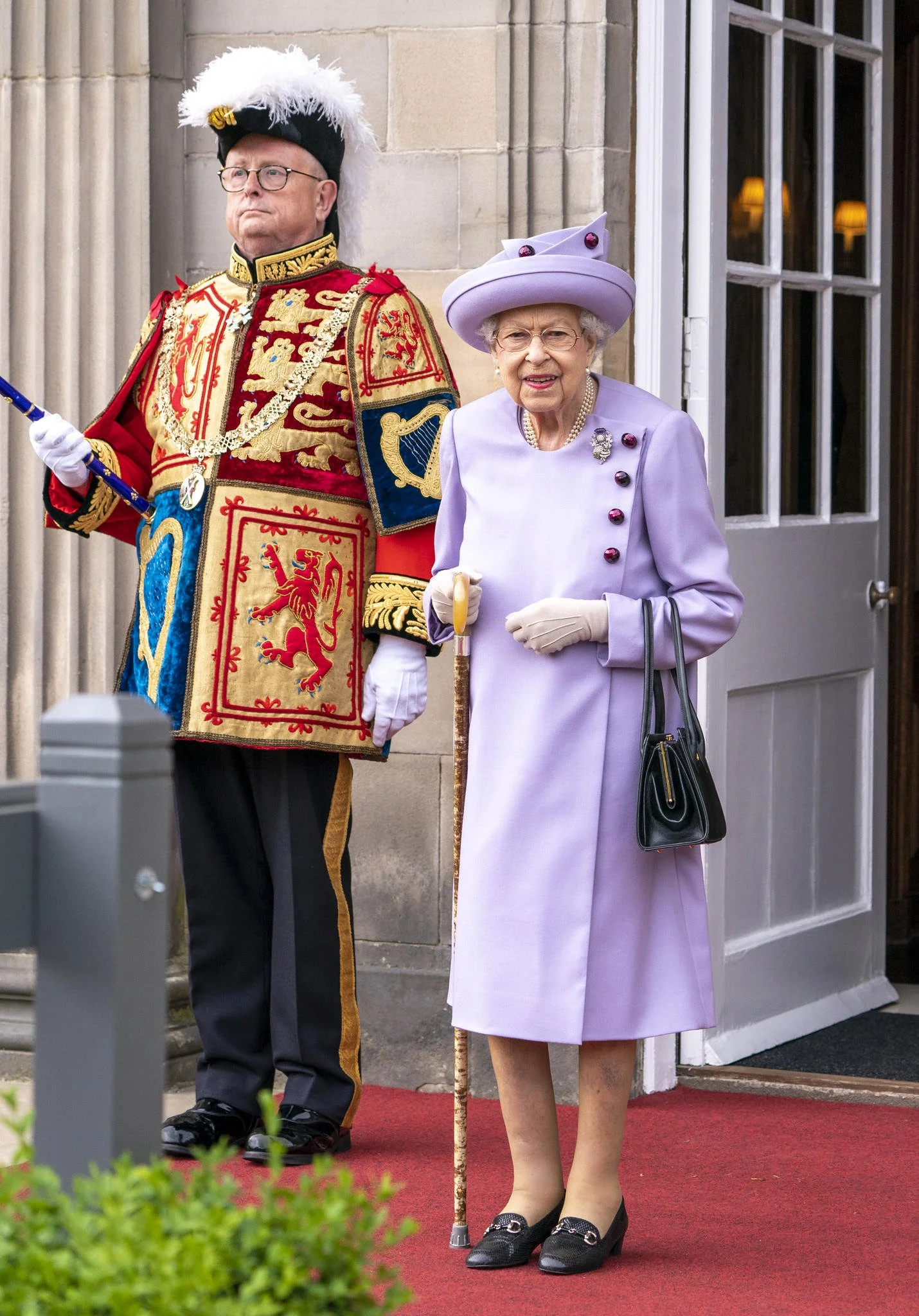As for the Swedish king: no. But it’s kind of a moot point. For the European royal families, money is basically never an issue. They have tenure, they get their appanage, the housing is taken care of, they have private physicians and at least the heads of states can’t be prosecuted (I think, but am too lazy to check all monarchies).
Someone made a comparison to the Kardashians and someone else to mascots. They’re not perfect similes but close enough. From what I read about monarchies in other countries (very little, because my interest is minimal), they are regarded as mascots and/or reality tv characters by most, but not all.
As it is with all celebrities, they are complicit with the gossip sheets: the tv shows, websites, magazines sell with royalty on the cover, and the royals need to be in the limelight to stay relevant. When dismissed to mascots/figure heads, they can’t achieve relevance the way they did in the 19th century, when they wielded actual power.
Most Americans seem have vague notions about monarchies in Europe beyond the UK: They are: Belgium, Netherlands, Denmark, Sweden, Norway, Spain, Luxembourg, Monaco.
Liechtenstein is a semi-democratic monarchy
The Prince may veto laws adopted by parliament. The Prince may call referendums, propose new legislation, and dissolve parliament, although dissolution of parliament may be subject to a referendum
And finally Andorra which might be even weirder:
The president of France and the Catholic bishop of Urgell (Catalonia, Spain) act as co-princes
But with populations of about 40K and 80K respectively, these two micro countries don’t affect much beyond their own borders.
as for influence and relevance: It differs from country to country. Danes seem to think their Queen is kinda cool. She’s quite irreverent of her own position. In Spain, Juan Carlos was almost a saint, since he saved the infant democracy in 1981. He was forced to abdicate though, since the latter part of his reign was… problematic.
There’s no doubt that the UK monarchy is the Monarchy and I wonder if the adulation from the US might play a part. From what I see, in almost all of the others, the royals have a lower profile. I’ve never seen our king with the crown, even for the coronation in '73.



